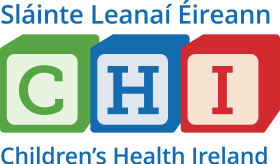Neurophysiology
Available locations:
Guidelines on Sleep Depriving Your Child
If your child is under two years of age it is advisable he/she is put to bed a little later than usual and woken earlier on the day of their appointment in order to achieve up to 40 minutes of sleep during the EEG test. If your child takes day time naps, it is advised that their nap is timed for during the EEG test.
Children over two years of age may need to be kept awake longer the night before and woken several hours earlier on the day of the test in order to achieve the same result. They should always be awake a minimum of 6 hours prior to their appointment time.
For older children and adolescents it is advisable to give, at most, four hours of sleep.
If your child is a poor sleeper or very anxious, it may be necessary to reduce sleep further than the above guidelines or keep them up the whole night.
Very Important Note:
Sleep Deprivation can increase the risk of having a seizure.
If your child has been sleep deprived prior to the EEG test it is necessary to closely monitor him/her over the following one to two nights as they are particularly vulnerable and at significantly more risk of potentially stronger and/or more prolonged seizures.
For healthcare professionals
The Neurophysiology department is a tertiary referral centre accepting referrals from hospitals and GP services via a medical consultant only.
The referrals are vetted by the chief Neuro-Physiologist and assigned an appointment based on priority.
- Referrals should contain a detailed clinical description of events and the patient’s level of cooperation.
- Referral forms are available from the department directly.
